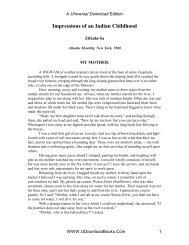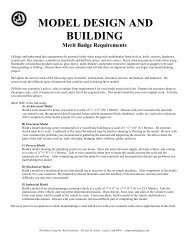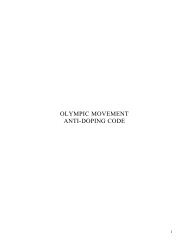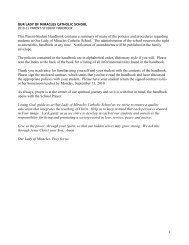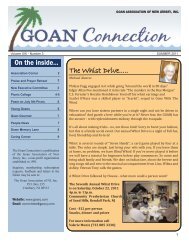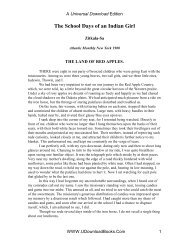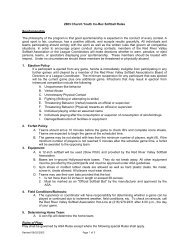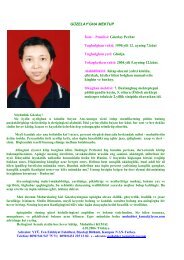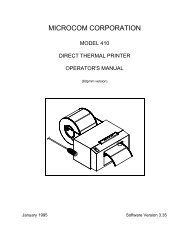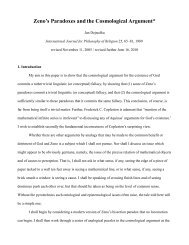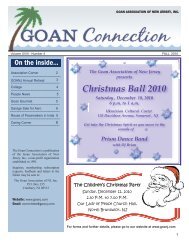Dummett's Backward Road to Frege and to Intuitionism - Tripod
Dummett's Backward Road to Frege and to Intuitionism - Tripod
Dummett's Backward Road to Frege and to Intuitionism - Tripod
Create successful ePaper yourself
Turn your PDF publications into a flip-book with our unique Google optimized e-Paper software.
34. The sense-reference distinction is not so basic <strong>to</strong> logic that <strong>Frege</strong> could not have completed his<br />
formal logicism in 1884, pace Dummett (1995: 8). Even a “mere label” name-theorist can define<br />
numbers as classes of classes. And <strong>Frege</strong> distinguishes contents from ways of presenting contents in<br />
Begriffsschrift. Thus he had a “glimmering” of the distinction after all, pace Dummett (1995: 7).<br />
Indeed, the sense-reference split is practically in Begriffsschrift. Contents minus ways of completely<br />
determining contents equal references. I agree with Dummett that Grundlagen would be clearer if it<br />
expressly used the distinction, <strong>and</strong> that a philosophy of logic, as opposed <strong>to</strong> a formal logicist system,<br />
ought <strong>to</strong> make some such distinction.<br />
35. This is directly so for <strong>Frege</strong>, since his truth-values are referential objects.<br />
36. <strong>Frege</strong>’s implicit nod <strong>to</strong> intuitionism is his requirement of existence-proofs. He says that <strong>to</strong> prove a<br />
concept’s consistency, we must produce an object falling under the concept (Grundlagen, §§ 74 n.1,<br />
95); <strong>and</strong> we cannot existentially quantify over an inconsistent concept <strong>to</strong> yield a truth.<br />
<strong>Frege</strong> even says “F’s exist” means that there is at least one F (Begriffsschrift, § 12 n.15), i.e.,<br />
that there are not zero F’s (Grundlagen, § 53). But this is no general theory of intuitionistic meaning. It<br />
is merely his analysis of the single word “exist,” <strong>and</strong> his informal analysis at that. <strong>Frege</strong> formally<br />
defines the existential quantifier in terms of the universal quantifier <strong>and</strong> negation, <strong>and</strong> he makes it clear<br />
that we underst<strong>and</strong> “all F’s” even if we do not know every F. Both quantifiers express universal senses<br />
<strong>and</strong> refer <strong>to</strong> universal concepts.<br />
37. One need not be a phenomenologist <strong>to</strong> agree that:<br />
By saying that we do not or cannot underst<strong>and</strong> [impossible] suppositions, we can only<br />
mean that we find what they suppose unthinkable, inconceivable. For, of course, we do<br />
not literally mean that we do not or that we cannot underst<strong>and</strong> them; what we mean is<br />
that we cannot think what we do underst<strong>and</strong> them <strong>to</strong> suppose....Inability <strong>to</strong> underst<strong>and</strong>,<br />
80




